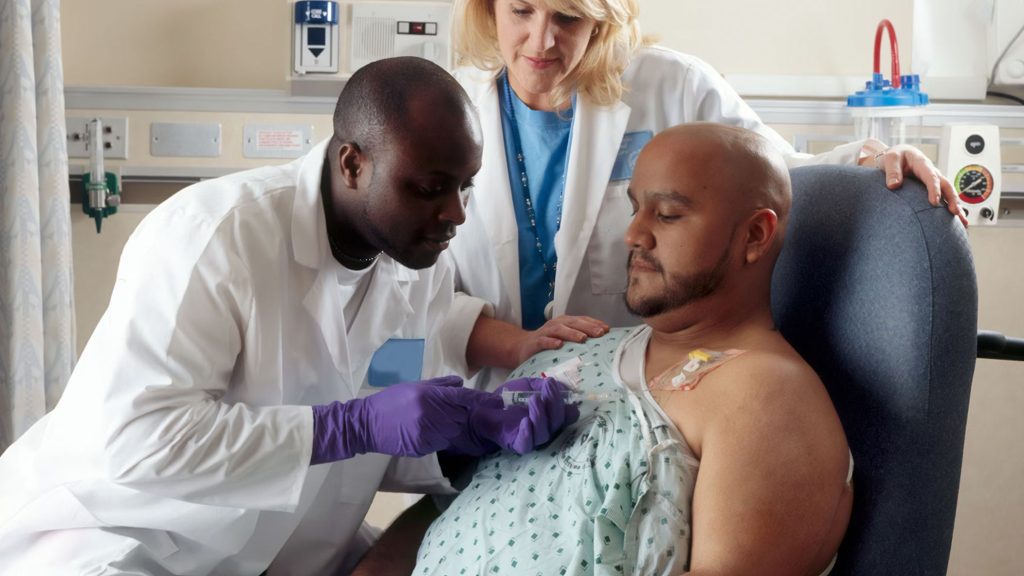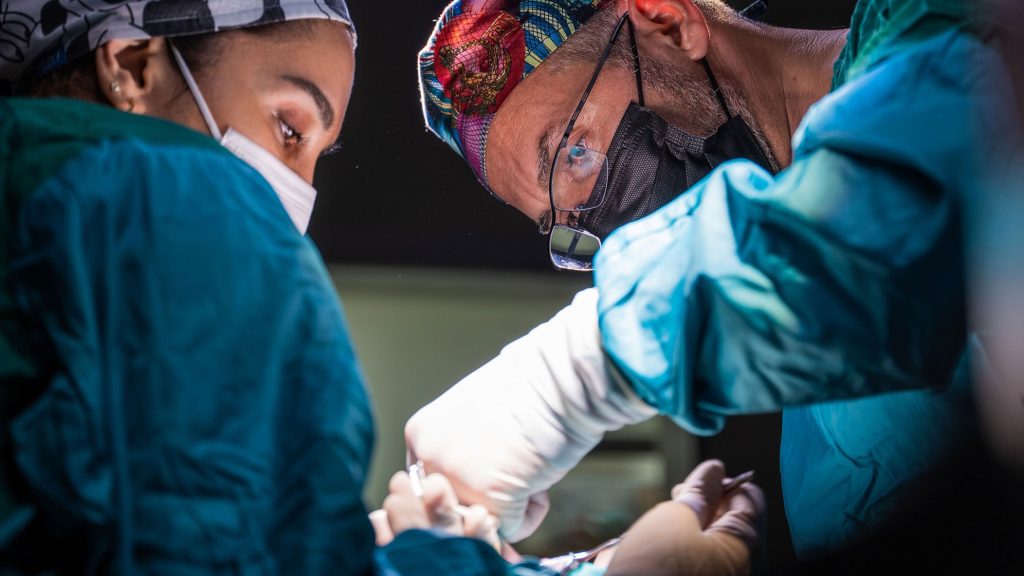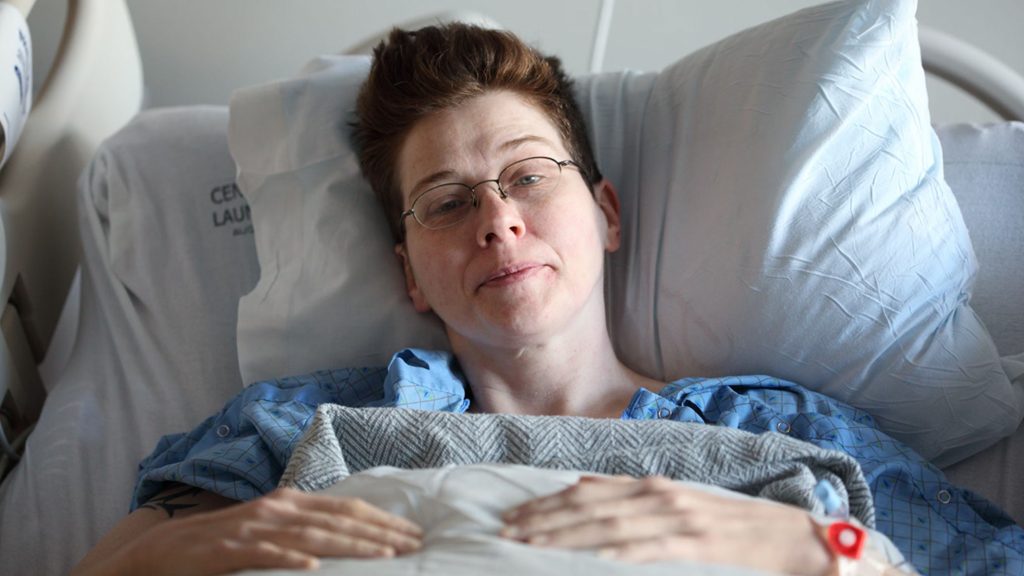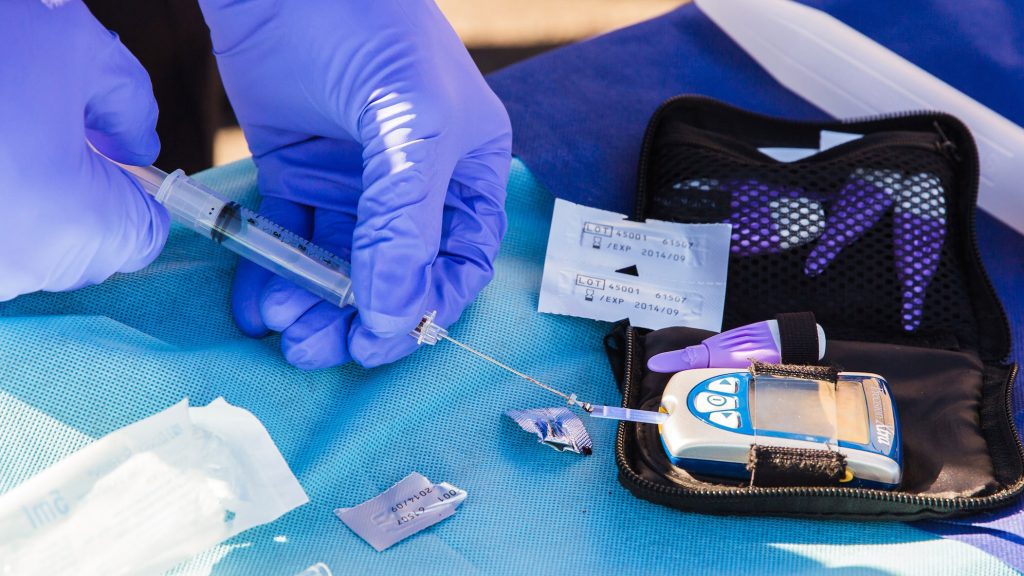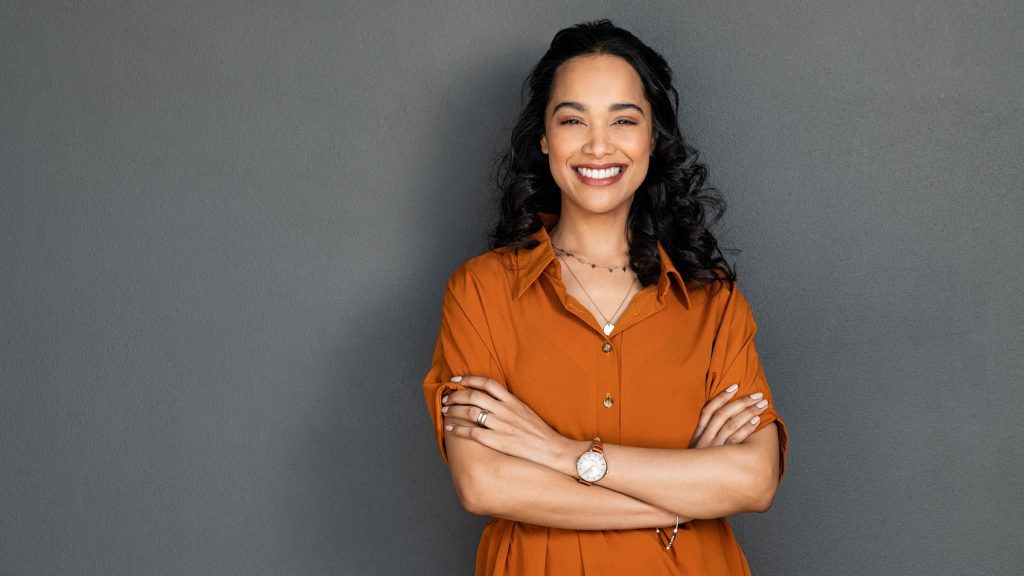Skin Clinic Sunshine
Skin Cancer Checks and Treatment
Skin cancer is the most common form of cancer in Australia, and we are here to help you. Almost half of the adult population will have at least one type of skin cancer in their lifetime.
The doctors here at Central Health Clinic in Melbourne are experienced in the detection and management of skin cancers, with Doctor Onari Ogaji having a particular interest in this area.
Types Of Skin Cancer
- Basal cell carcinoma (BCC)
- Squamous cell carcinoma (SCC)
- Melanoma
All types of skin cancer require some kind of surgical intervention and ongoing checkups.
Basal cell carcinomas are the least aggressive and most common types of skin cancer. Their growth is limited to their original location, so they don’t spread throughout the rest of the body. When they are surgically removed, no further treatment is necessary.
Squamous cell carcinomas are moderately more aggressive. Some SCCs have the capacity to expand in other areas of the body, such as the lymph glands and other organs. They are inclined to arise more often in larger cancers, and those that have been present for a longer period of time. Treatment of these cancers requires complete surgical removal, and surveillance of the lymph glands in the affected area will be needed.
Whilst melanoma is the most aggressive form of skin cancer, it is also the least common. Melanomas can spread to the surrounding lymph glands and other organs if not detected early. Treatment requires complete surgical removal of cancer. Removal of a rim of normal skin from around the melanoma is also required, with the amount of skin that needs to be removed based on the thickness of the melanoma. Sometimes, the thickness of the melanoma is only known after the first operation to remove the cancer, therefore, it is sometimes necessary to have a second operation.
More than 95% of skin cancers can be cured if treated early. So, if you are concerned about any changes to your skin, like moles, sunspots, or solar keratosis, please make an appointment as soon as possible.
What’s next?
Your doctor will conduct an examination and if further treatment is required, they will discuss this with you before proceeding; monitoring and a repeat visit for review is the most common outcome.
If skin cancer is diagnosed, your doctor will consider several factors to decide the best treatment for your skin cancer, such as:
- Location
- Size
- Local inflammation
- Past medical history
A dermatologist’s advice may also be required in the process.
Skin cancer services are available in Sunshine and the Western Suburbs, also serving Greater Geelong and Melbourne Areas.
For support and further information in relation to skin cancer, please contact the Cancer Council in your state (for Victoria http://www.cancervic.org.au).
CHC

